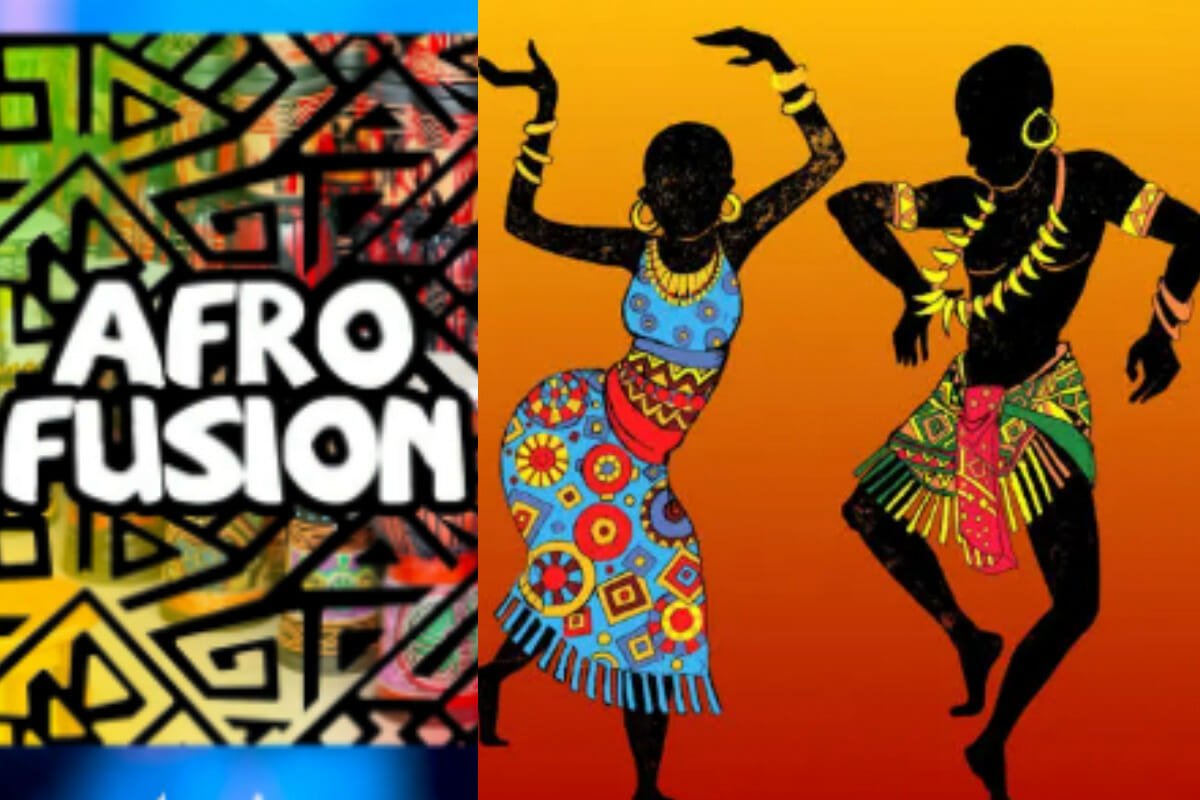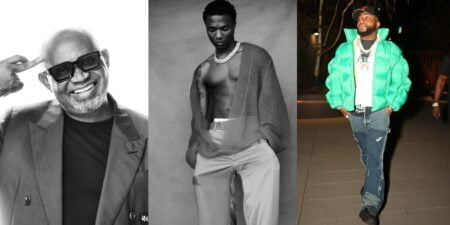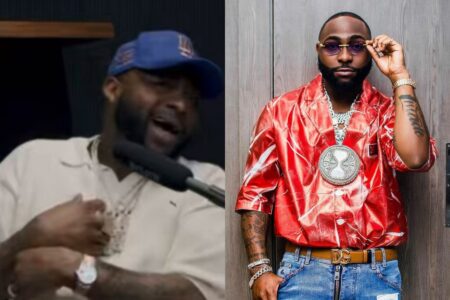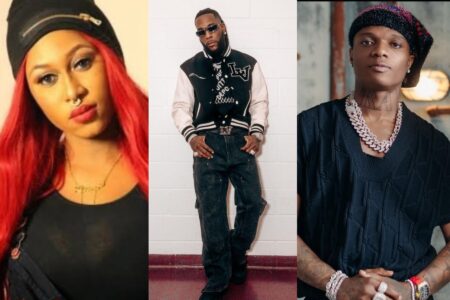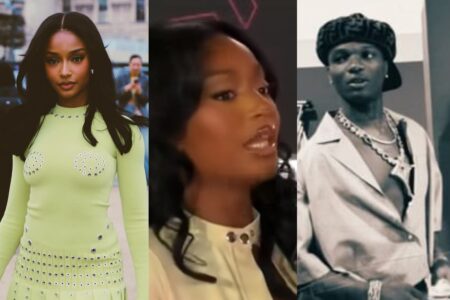A worldwide language that cuts across boundaries, cultures, and generations is music. It has the amazing ability to unite people from all walks of life and transmit sentiments and tales that touch our hearts. Afrofusion, a style of music that combines traditional African rhythms with contemporary sounds, has recently gained popularity on the international music scene.
We shall explore the history, development, and effects of Afrofusion music on both African and international music cultures in this article.
The Origins of Afrofusion
Hip-hop, reggae, dancehall, R&B, and electronic music are examples of current styles that are combined with traditional African musical elements to create the genre known as afrofusion. Its roots can be found in Africa’s rich and varied musical tradition, which spans a wide spectrum of genres, from West African highlife to Central African soukous and Nigerian afrobeat.
These ancient genres served as the basis for Afrofusion by giving musicians access to a diverse range of rhythms, melodies, and instruments.
Evolution of Afrofusion
African musicians’ inventiveness and originality in attempting to bridge the gap between their traditional musical influences and the contemporary global music scene are largely responsible for the development of Afrofusion as a distinct genre. Early innovators of fusing traditional African sounds with modern influences included musicians like Fela Kuti, King Sunny Ade, and Youssou N’Dour, setting the stage for the current Afrofusion trend.
With the growth of musicians like Burna Boy, Wizkid, and Davido—who have received widespread international acclaim and helped popularize the genre—one of the most important breakthroughs in Afrofusion music occurred. These musicians have expertly combined aspects of Afrobeat, Afropop, and other African genres with cutting-edge production methods to create catchy, danceable songs that appeal to listeners all over the world.
Key Characteristics of Afrofusion Music
Rich Rhythms: Afrofusion music is known for its intricate and infectious rhythms, often driven by traditional African percussion instruments like the djembe, conga, and talking drum. These rhythms create a hypnotic groove that is a hallmark of the genre.
Fusion of Styles: Afrofusion artists incorporate elements from various musical styles, resulting in a sound that is both familiar and fresh. You might hear elements of reggae, dancehall, hip-hop, or electronic beats seamlessly woven into the music.
Cultural Storytelling: Lyrics in Afrofusion songs often explore themes related to African culture, identity, love, and social issues. They serve as a medium through which artists convey their stories and perspectives.
Global Appeal: While deeply rooted in African culture, Afrofusion’s modern sound has universal appeal, making it accessible to audiences around the world. Its ability to bridge cultural divides has contributed to its global popularity.
Impact on the Global Music Scene
The impact of Afrofusion music on the global music scene cannot be overstated. It has not only introduced the world to the beauty of African music but also inspired collaborations between African artists and musicians from other regions. Beyoncé’s album “The Lion King: The Gift,” featuring African artists like Burna Boy, Wizkid, and Tiwa Savage, is a testament to the genre’s global influence.
Afrofusion has also spawned a new generation of African musicians who are expanding the parameters of music. They are dispelling myths and showing the rich cultural diversity of Africa to a wider audience. They are fostering a more diverse and connected music industry by doing this.

